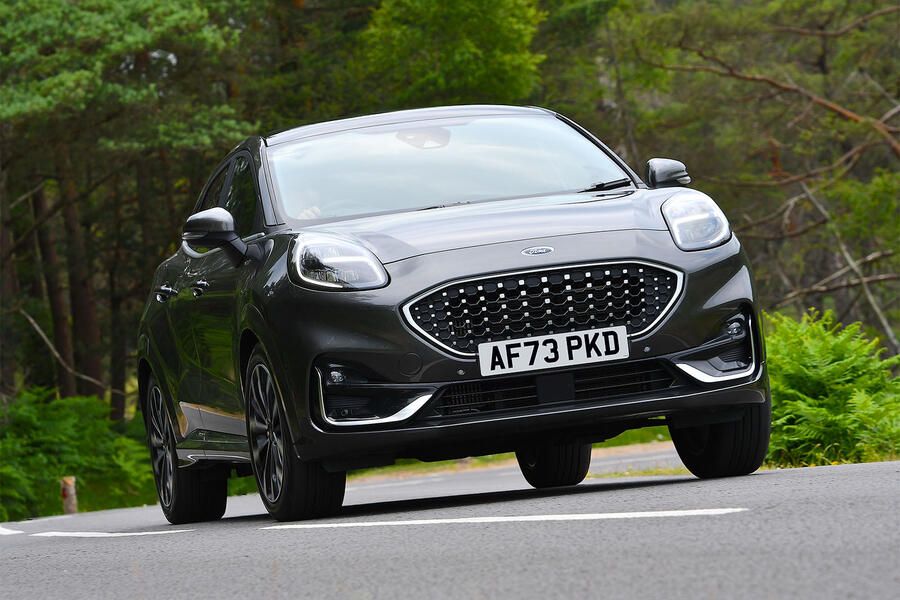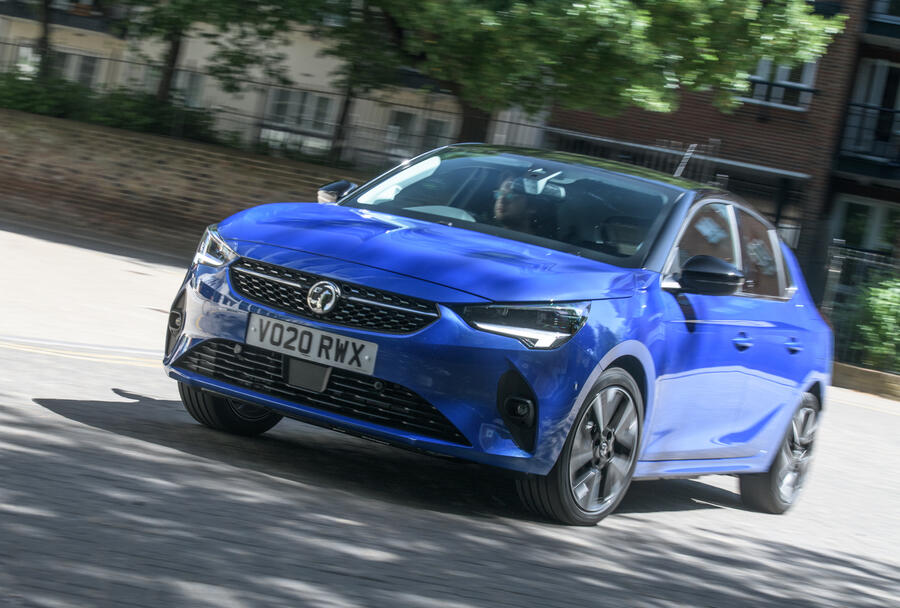Electric cars not only eliminate tailpipe emissions, but they also have the potential to power homes, appliances, and even contribute to the energy grid. To unlock this potential and support a smarter and more sustainable energy grid, Volvo Cars is introducing Volvo Cars Energy Solutions. This new business unit will provide energy storage and charging technologies and services that connect our cars, customers’ lives, energy efficiency, and society as a whole.
One example of the technology offered is bi-directional charging, which allows electric cars to give back excess battery power to support the grid during peak hours and reduce reliance on fossil-generated electricity. The flagship model, the fully electric EX90 SUV, will be the first Volvo car equipped with the necessary hardware and software for bi-directional charging and direct energy storage from solar power.
In partnership with Göteborg Energi Nät AB, the local grid company in Gothenburg, Sweden, Volvo Cars is launching one of the first vehicle-to-grid (V2G) pilot programs. This pilot aims to test V2G technologies on the local energy grid and in real homes with customers. The program will use a low-cost AC wallbox to accelerate the adoption of the technology.
The pilot project aims to gain acceptance from grid companies, demonstrate the tangible benefits of V2G programs, and create a testing ground for new technologies crucial to Volvo Cars’ future outside of laboratories.
Alexander Petrofski, the Head of Volvo Cars Energy Solutions, explains, “With bi-directional charging, you can use your car battery as an extra energy supply, providing power to your home, other electric devices, or another electric Volvo car. The next step will be enabling this feature all around Sweden and paving the way for broader acceptance of similar charging and energy storage services across Europe.”
Sparing Spare Capacity
As Volvo Cars aims to be a fully electric car company by 2030, they will introduce millions of electric Volvo cars in the coming years. Calculations show that the total battery capacity of this fleet will reach approximately 50 GWh by the mid-decade. Although these cars will consume several TWh of electricity annually, this energy consumption is flexible and can be managed through smart charging.
Data from Volvo’s fleet reveals that the average daily drive in Europe uses less than 10 kWh, with 90% of all daily drives using less than 20 kWh. This means there is spare battery capacity available for various purposes, offering financial benefits to customers while reducing climate impact.
This is where bi-directional charging becomes relevant, as it allows customers to repurpose stored energy in their electric Volvo’s battery. V2G enables energy to be returned to the power grid from an electric car’s battery when electricity demand is high, providing compensation in return.
Alexander Petrofski highlights the benefits, “With smart charging, you can charge your electric Volvo at the most sustainable and economical time. Imagine being able to use that energy later, especially during peak times when prices are higher and the energy mix is less sustainable. Building an energy ecosystem around your car and its battery allows you to save money, reduce CO2 emissions, and enables energy firms to make fewer grid investments and have a lower environmental impact.”
Volvo Cars Energy Solutions encompasses various technologies, including vehicle-to-home (V2H) products that allow customers to send back energy to their homes and lower energy bills. Additionally, vehicle-to-load (V2L) services enable electric car batteries to power camping gear or charge electric bicycles.
Over time, Volvo Cars Energy Solutions aims to generate significant revenue from energy-related products and services, offering new products previously unavailable from Volvo Cars. This business unit will add value to their core business, improve customers’ daily lives, and have a positive impact on the environment.





